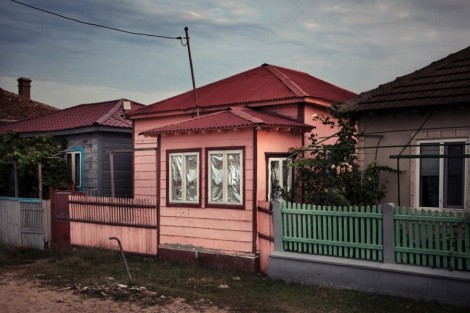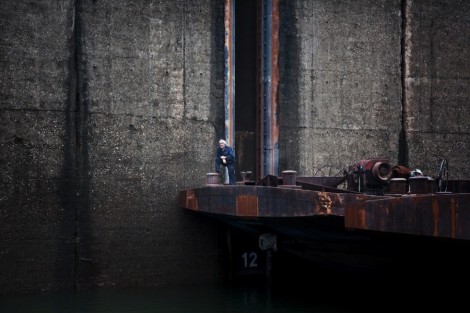‘Where Europe Ends’ (2012) is an interesting project by an Italian photographer Camilla De Maffei, in which she examines the symbolic borders of Europe. De Maffei follows the Danube, Europe’s longest river, through Hungary, Serbia, Bulgaria all the way to the delta in Romania, where it disappears into the Black Sea. As De Maffei explains, it’s a journey to the periphery, a symbolic route that makes you wonder – Where does Europe end? What are its political and cultural boundaries? What is the core of the European identity? I absolutely love the topic De Mattei chose, with its nuances and complexities – the margins, the peripheries, the clearly demarcated political borders that have in fact been very fluid, or the symbolism of the great Danube river, which crosses 10 countries only to disappear into and merge with the Black Sea, this symbolic point on the map, where one continent ‘ends’ and another one ‘begins’.













Pingback: Tommaso Rada, Domestic Border: The Invisible Wall (2015) |·